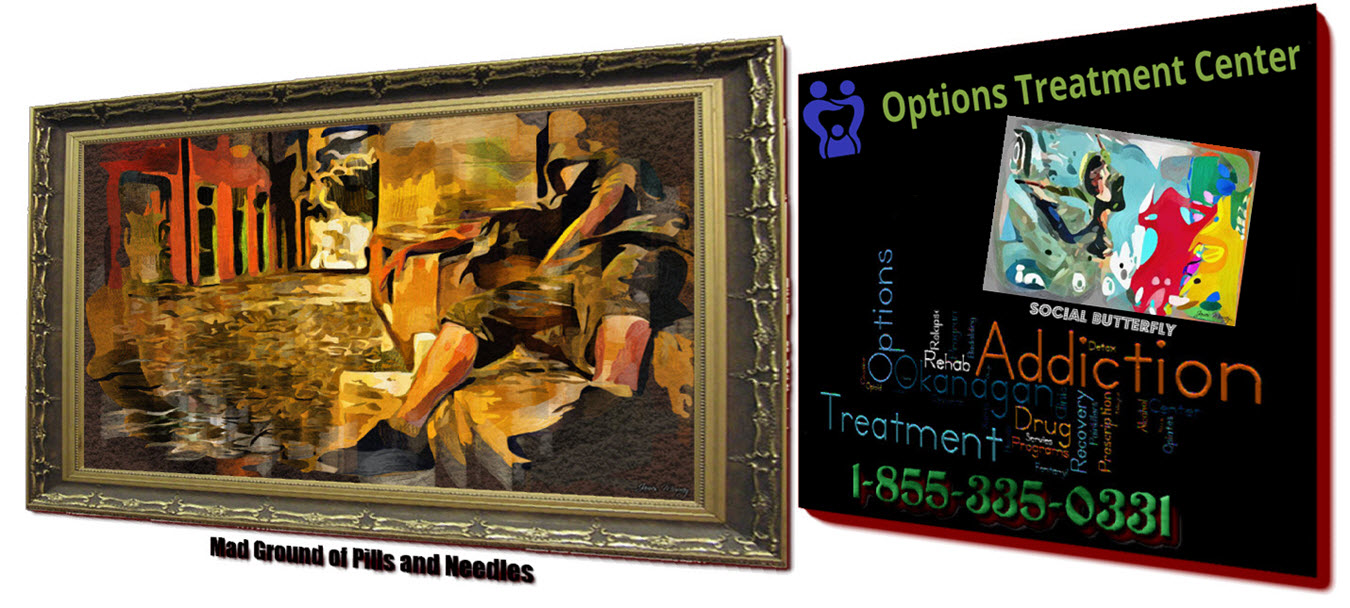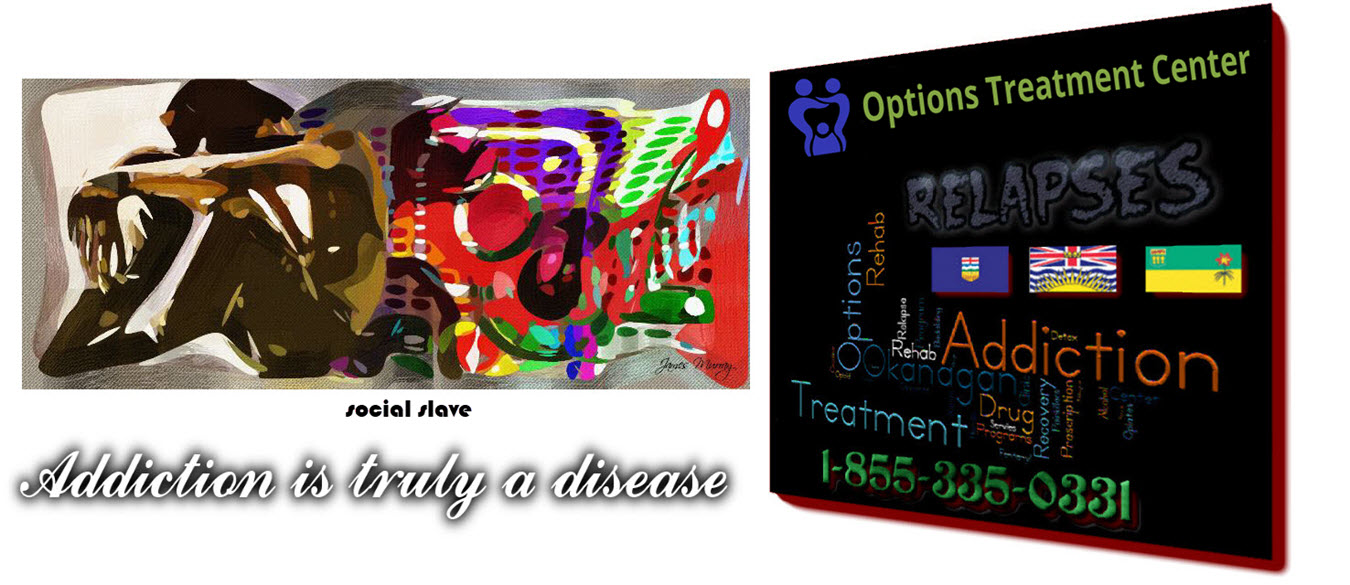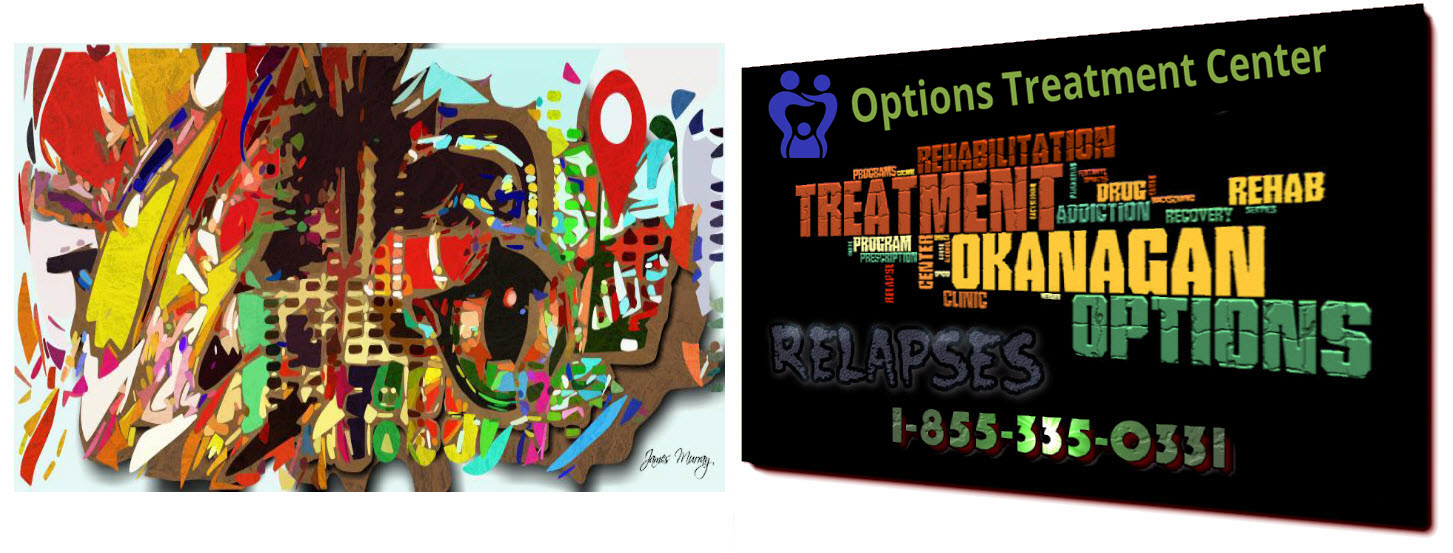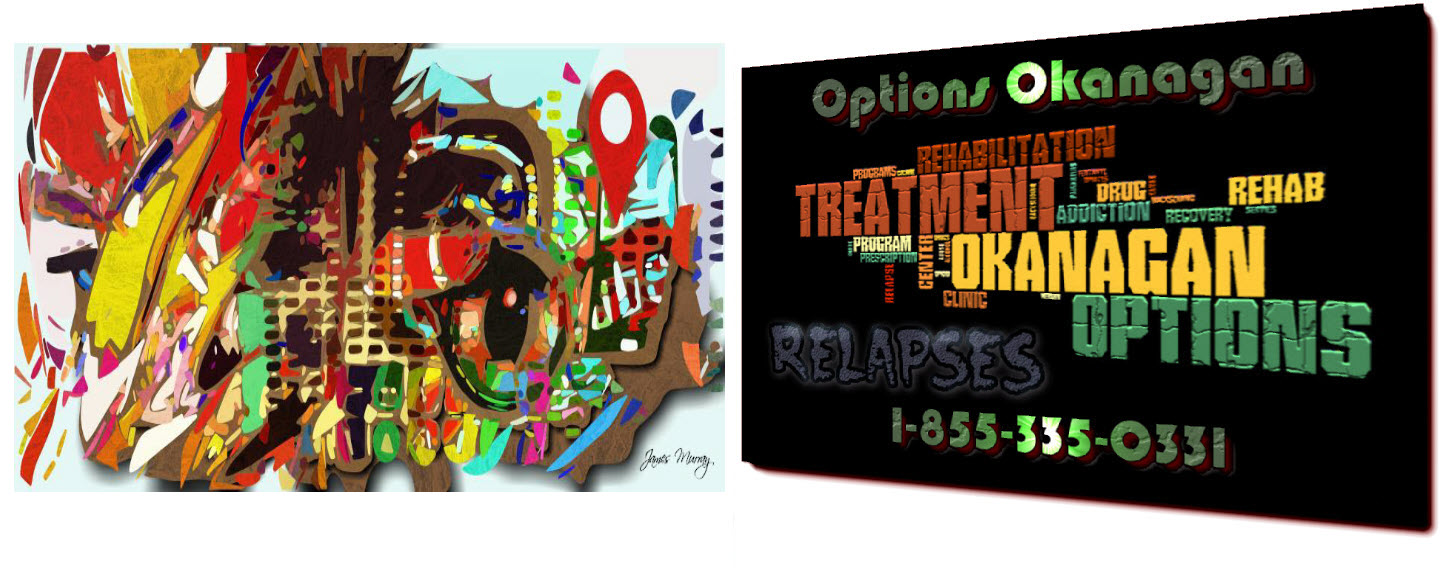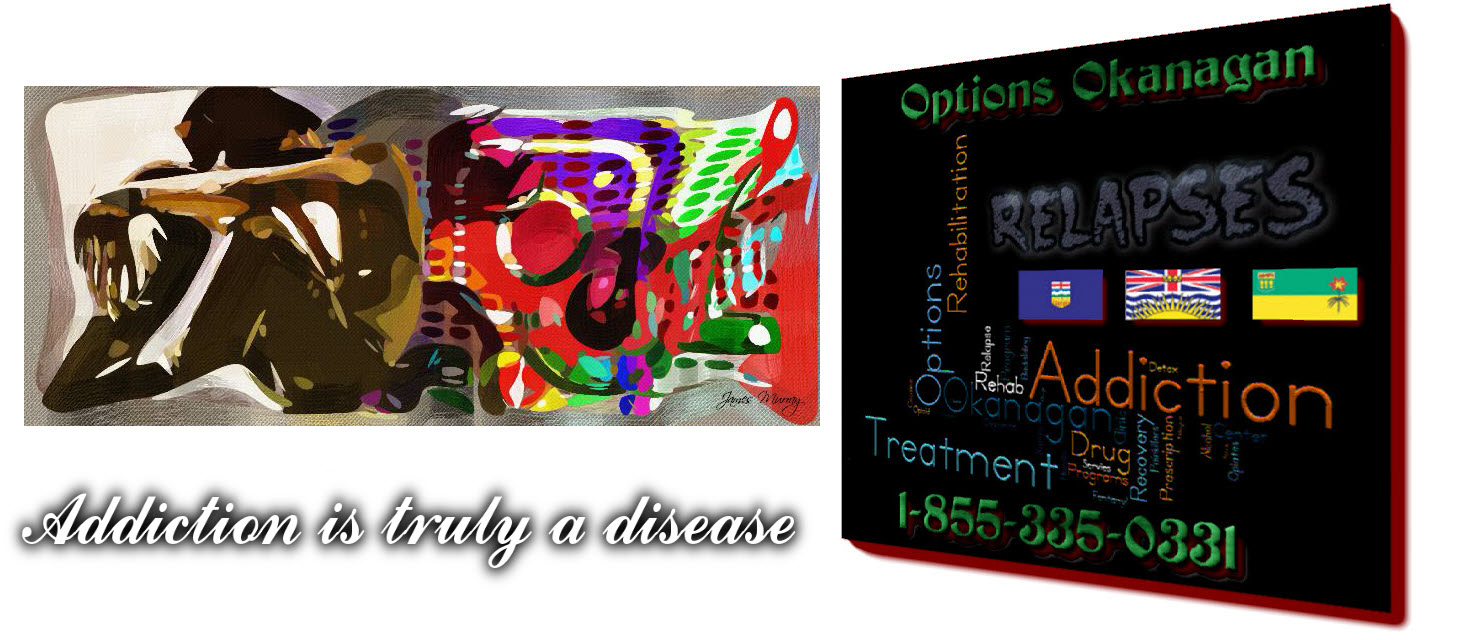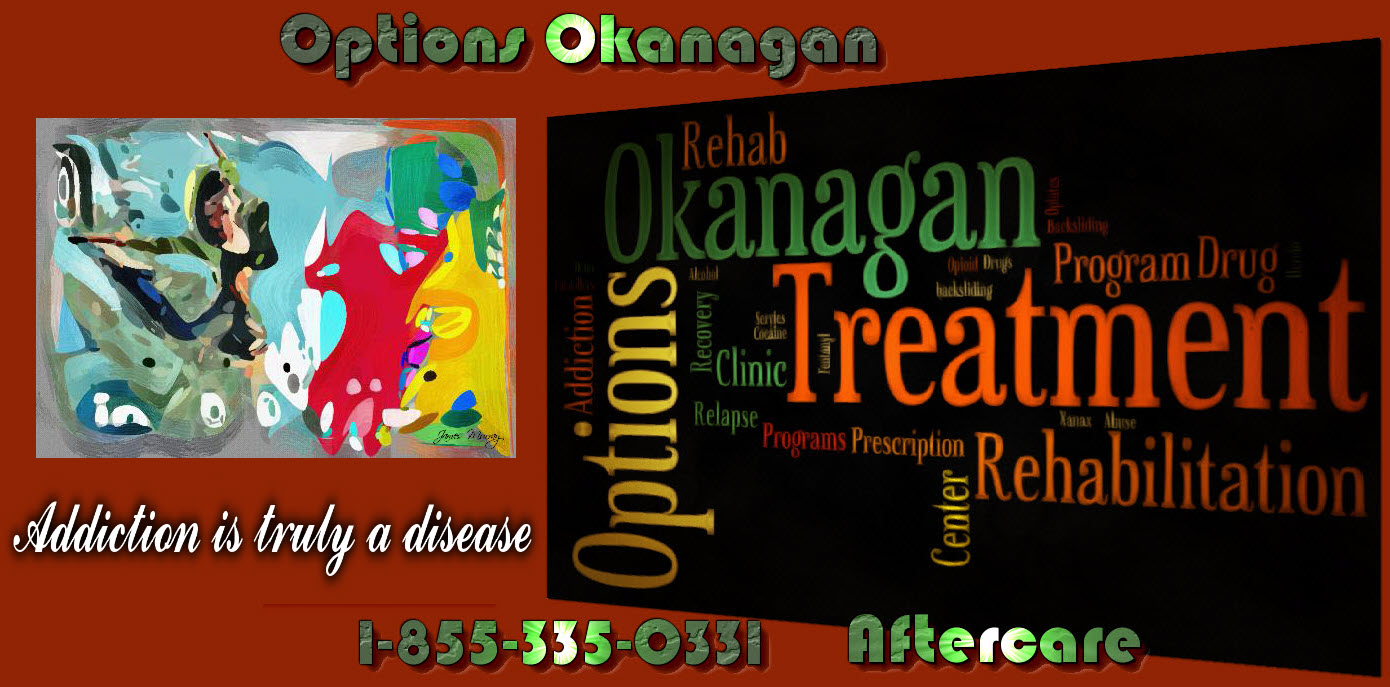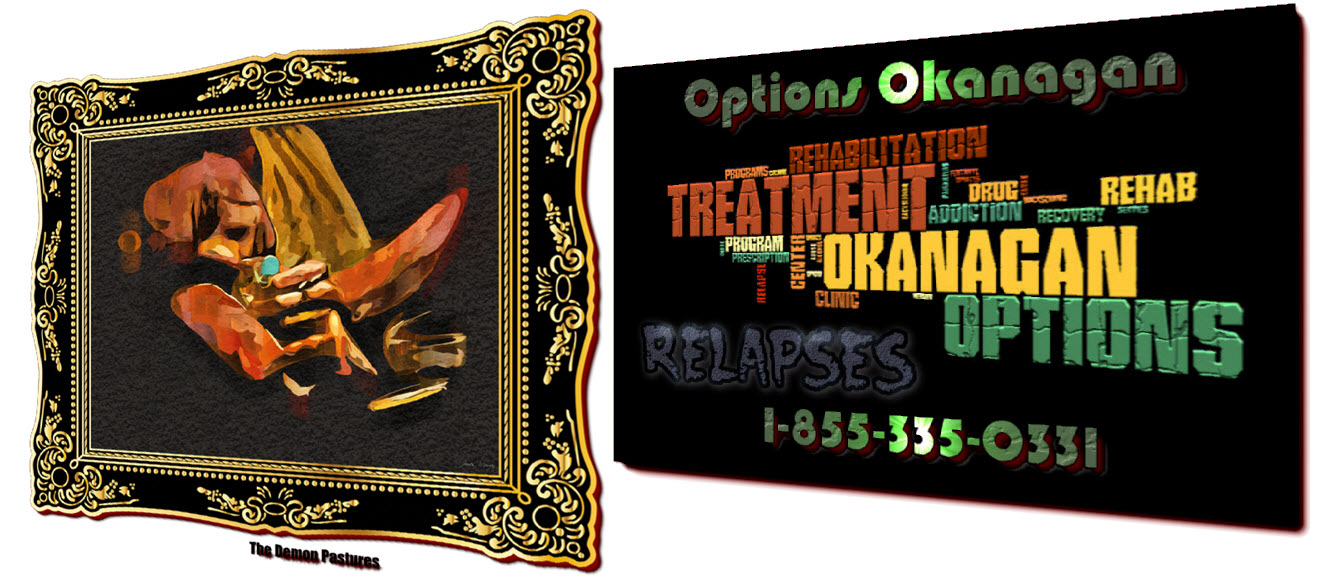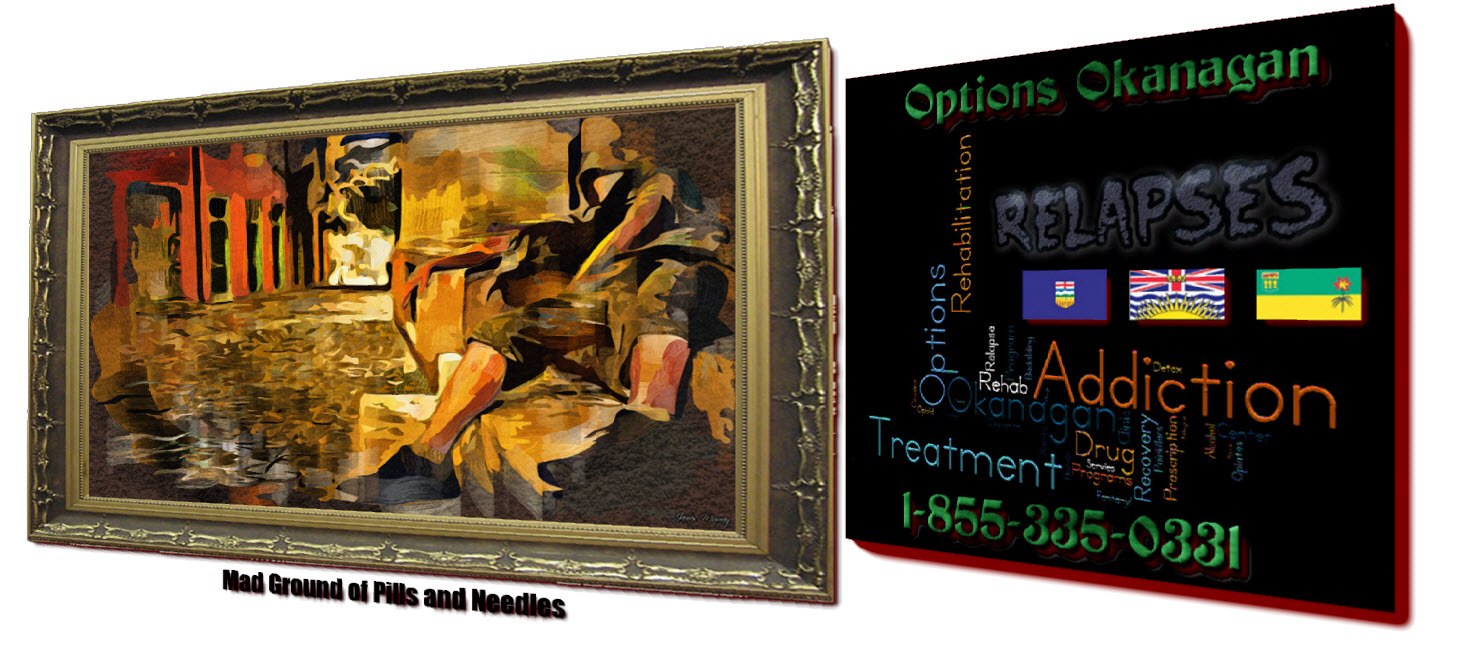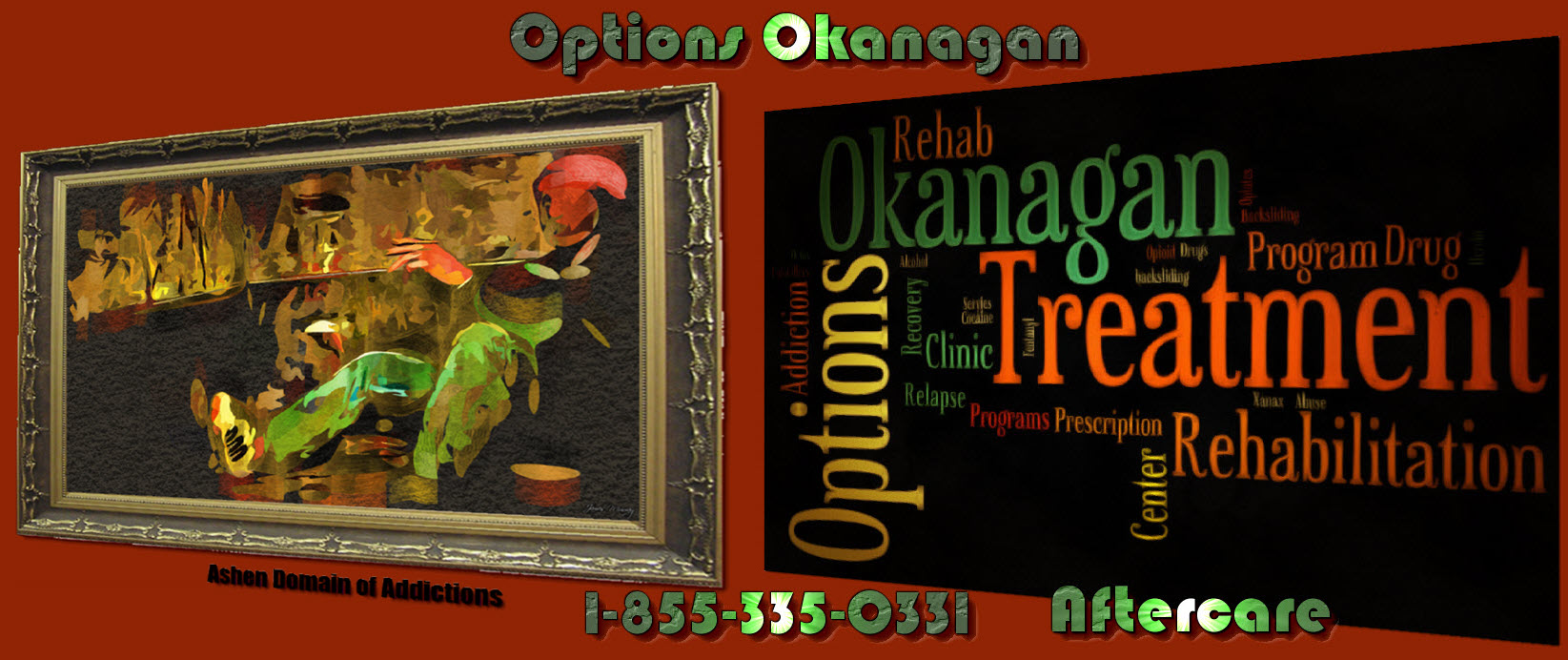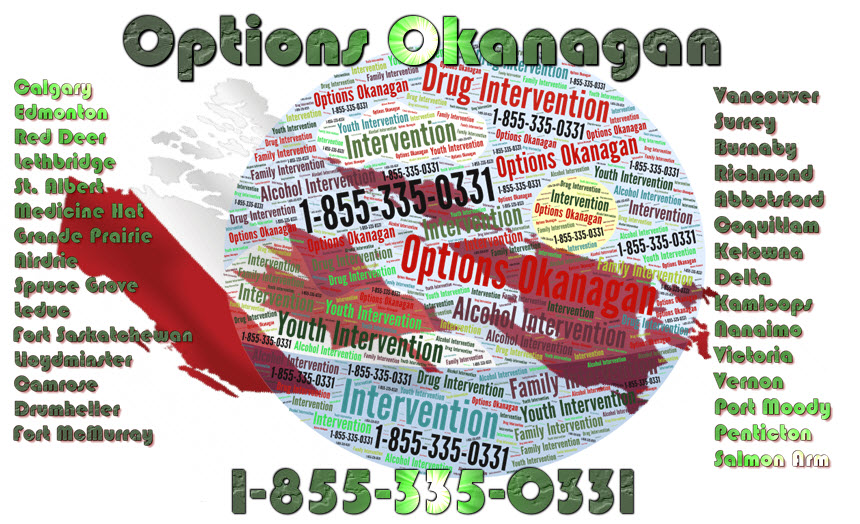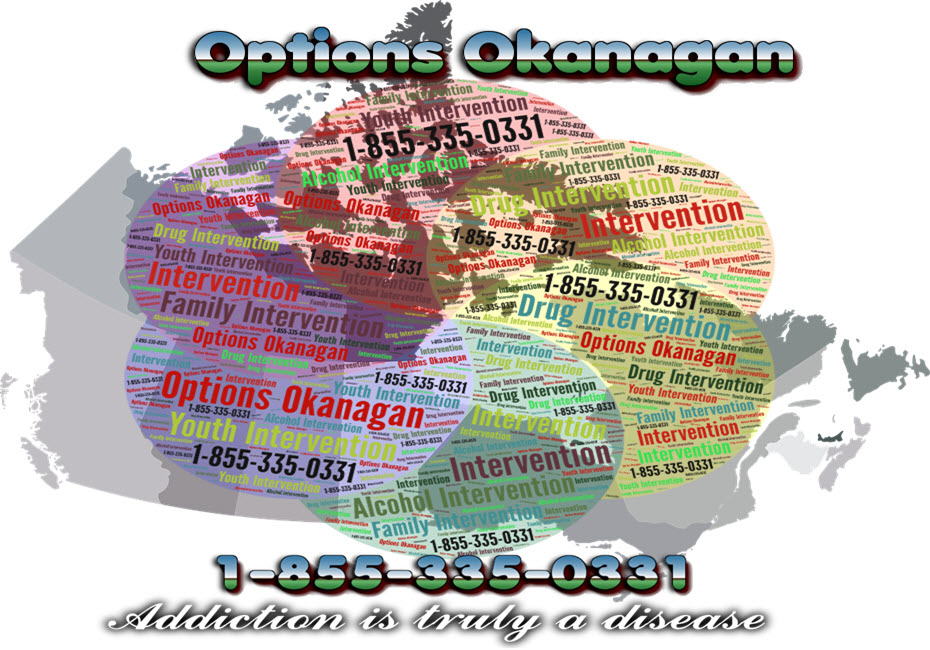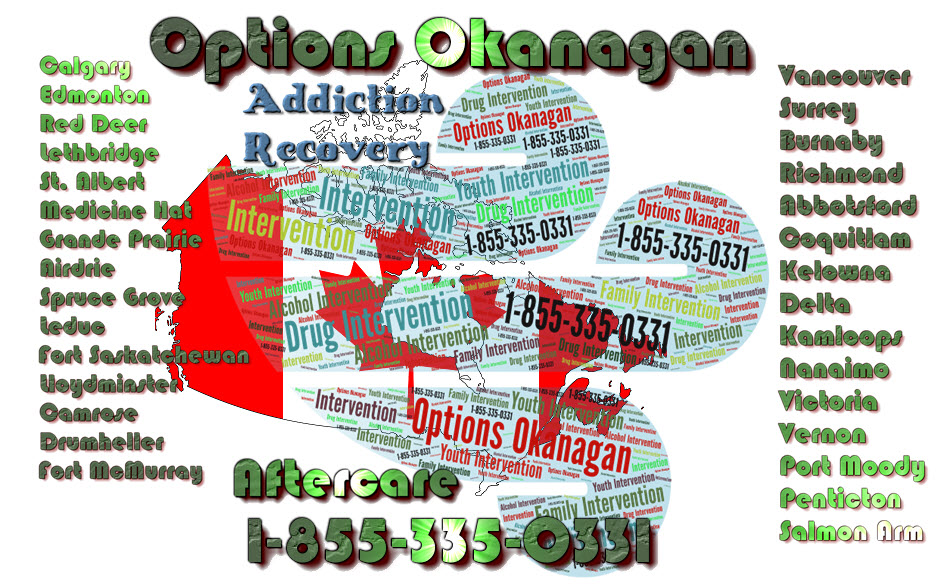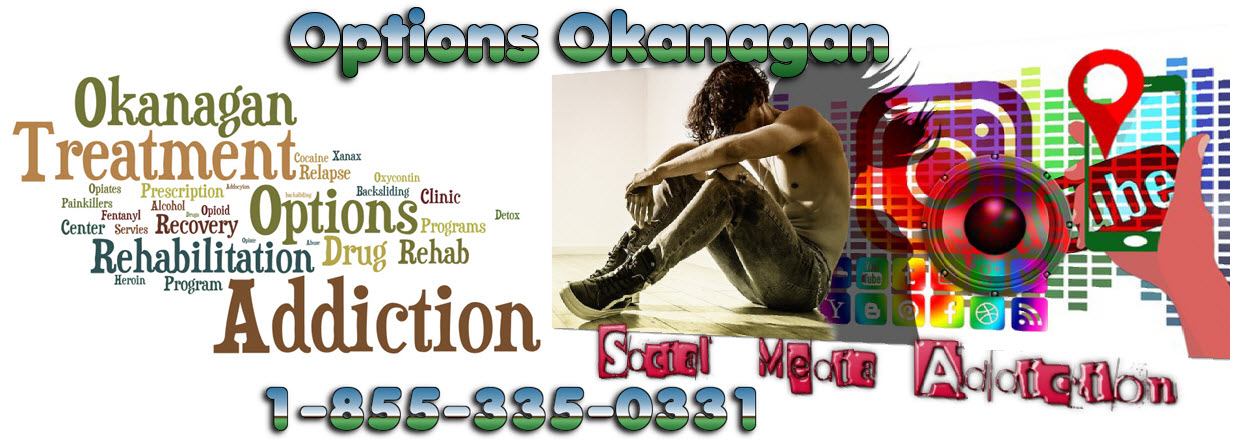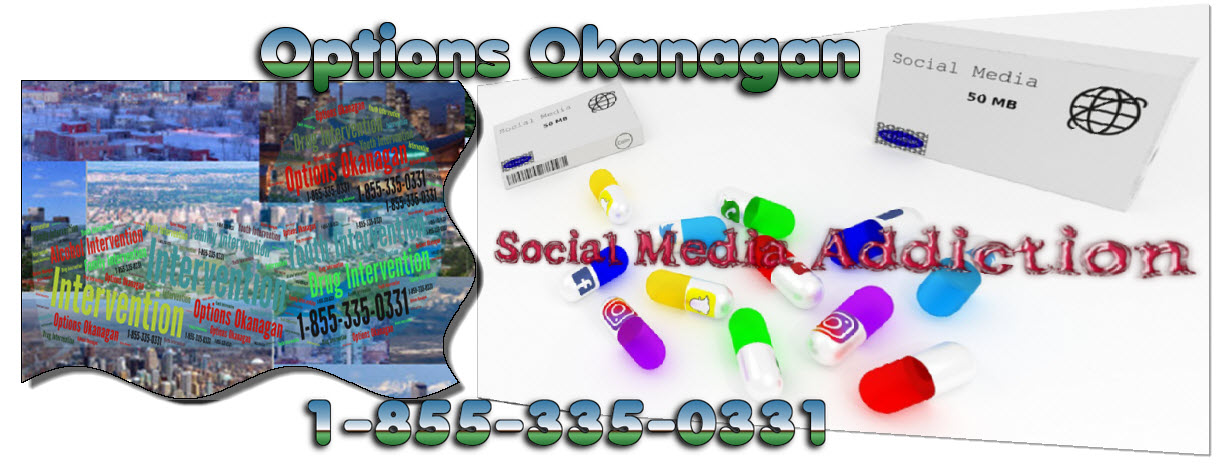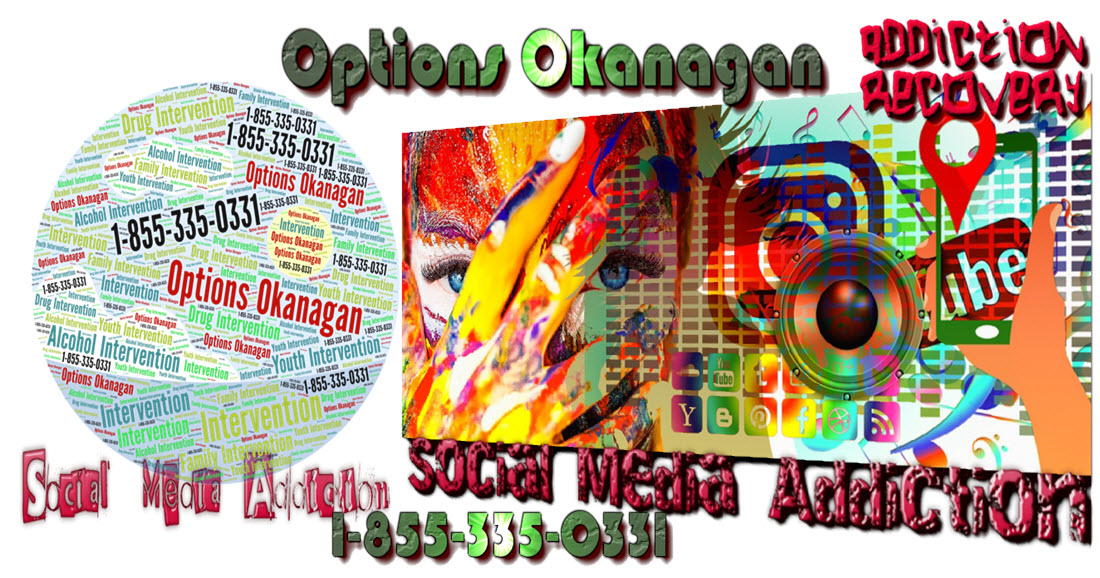Social Medial Addiction – Linked to Opioid And Alcohol Abuse – Opioid Rehab Programs for recovering addicts in British Columbia and Alberta – Options Treatment Center in Kelowna, British Columbia treating drug, opioid, opiate, fentanyl, heroin and alcohol addiction and recovery.
Opioid Rehabs In Alberta And BC
When a person becomes addicted to social media, they often feel an intense urge to check for updates or post new content. This can interfere with their daily life and social interactions. Additionally, they may feel anxious or restless if they are unable to access their social media account.
Other signs that an individual could be addicted to social media include losing track of time while using social media websites, and feeling a strong urge to use social media even when trying to cut back. If you or someone you know is experiencing these symptoms, it may be indicative of an addiction.
Statistics on Social Media Behavioral
Research on social media addiction indicates that 10% of users are addicted to it. This is based on a recent study of the addictive factors of social media and how it contributes to substance abuse. The study was conducted in several universities, and the results suggest that social media addiction is a real problem that needs to be addressed. The survey questions were designed to assess dependency on alcohol use. A majority of the students who showed signs of social media addiction were also more likely to score highly on different internet-based addiction scales regarding alcohol abuse.
Addictive Rewards from Social Media
A person can become addicted to social media in the same way they would become addicted to drugs or alcohol, due to the proffered rewards. These rewards can differ from person to person, but typically result in a feeling of pleasure or satisfaction. For example, many people enjoy the feeling of instant gratification they get when they receive likes or comments on their posts. When someone likes your photo on Instagram, or follows you on Twitter, or likes and comments on your Facebook status, it feels like a reward. And just like with drug and alcohol use, the rewards leave you wanting more.
The findings of various research studies indicate that social media activities such as status updates, comments, and likes are more rewarding than other daily activities. However, the reason for this is not fully understood. Intrinsically rewarding activities, such as sharing information about yourself, how you feel, and your point of view, engage the part of the brain that is involved in reward. This may lead to addiction.
Linked To Alcohol And Drug Addiction
Although there is no definitive evidence that social media use leads to addiction or substance abuse, there is some evidence linking the two. A major study found that people who are addicted to social media are at a higher risk of substance abuse. This suggests that addiction to social media can be a major problem, and should be addressed accordingly.
The participants in the study exhibited a strong desire to connect to their social media accounts, as well as exhibiting signs of irritation when they were unable to connect to their social accounts. Therefore, if you are displaying signs of social media addiction, you are putting yourself at risk.
Options Opiate and Alcohol Treatment Center in Kelowna, British Columbia – Men and Women are recovering and healing from Alcohol and Drug Abuse at our treatment center here in the Okanagan right now.
Our unique and distinctive Opiate Drug and Alcohol treatment program allow men and women to come in from Calgary as well as Edmonton as we offer airport pickup.
Numerous clients come to us from Vancouver, Calgary, and Edmonton and other locations in Alberta and even other provinces for Opiate addiction treatment, heroin drug treatment, many other drug and alcohol addictions for rehabilitation because of the uniqueness of our treatment center.
Options Drug and Opiate Treatment Center
551 Sherrydale Crescent, Kelowna, British Columbia, V1V 2E6
Toll-Free Phone Number: 1-855-335-0331

